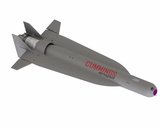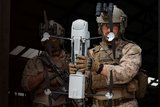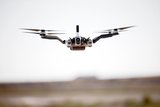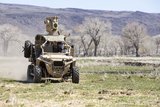A team of research engineers is using a C-Worker 4 autonomous surface vessel (ASV) to explore the use of autonomy for charting surveys in Arctic regions, ASV Global announced on 8 August.
The tests will enable the group to explore how autonomous technology can integrate with traditional survey methods.
The team, comprising research engineers from the University of New Hampshire Center for Coastal and Ocean Mapping/Joint Hydrographic Center and personnel from National Oceanic and Atmospheric Administration’s (NOAA) office of coast survey, are onboard the NOAA ship Fairweather to test the C-Worker 4.
The C-Worker 4 ASV was delivered to the University of New Hampshire in 2016. The diesel-powered ASV measures over 4m in length and has been designed to conduct a variety of offshore and inshore survey tasks. The ASV is equipped with a standard suite of hydrographic survey equipment and can independently follow planned survey lines at a distance of approximately five miles from the ship. The ASV can also be remotely driven when alongside the ship for deployment and recovery.
The C-Worker 4, known to the group as Bathymetric Explorer and Navigator, is collecting data to contribute to the Point Hope survey project. This project will fulfil part of the US Arctic Nautical Charting Plan, conducting hydrographic surveys in areas that have never previously been surveyed.
C-Worker 5






















